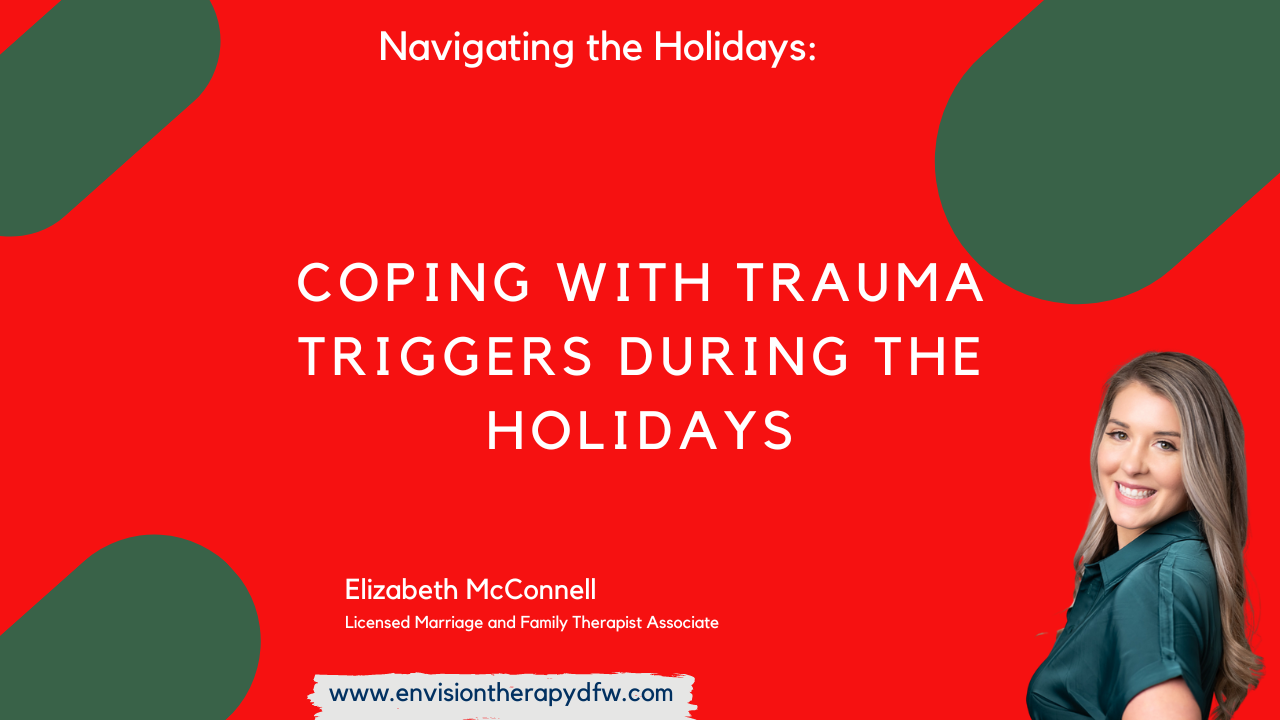The holiday season is often heralded as a time of joy, connection, and shared memories. However, for individuals who carry the weight of past trauma, this festive time can become a complex emotional landscape. The twinkling lights, familiar scents, and traditional activities may act as triggers, resurfacing memories or emotions associated with traumatic events, turning what should be a joyful season into one of profound difficulty.
Understanding Trauma Triggers
Trauma, whether it’s rooted in personal experiences or collective memories, has a way of lingering beneath the surface. The holidays, with their emphasis on nostalgia and togetherness, can inadvertently act as catalysts for resurfacing painful memories, creating an additional layer of emotional challenge.
Association with Past Events: For individuals with a history of trauma, the holidays may be linked to specific events that occurred during this time. This association can make it challenging to engage in festive activities without being reminded of past pain.
Sensory Triggers: The sensory experiences of the holidays—whether it’s the scent of holiday spices, the sound of carols, or the sight of decorations—can act as powerful triggers. These sensory elements may be linked to the traumatic event, intensifying emotional responses.
Expectations and Pressure: The societal expectation of joy and togetherness during the holidays can create a sense of pressure for individuals with trauma histories. The dissonance between the external expectations and internal emotional struggles can be particularly difficult to navigate.
Coping Strategies for Trauma Survivors
Recognizing and addressing trauma triggers during the holidays is essential for fostering a supportive environment. Here are some strategies for individuals navigating this challenging terrain:
- Self-Awareness: Develop an awareness of specific triggers and anticipate potential challenges. Understanding what may trigger memories allows for proactive coping strategies.
- Establish Boundaries: Communicate your boundaries to friends and family. Let them know which activities or discussions might be challenging, and establish a plan for taking breaks or stepping away when needed.
- Create Safe Spaces: Identify safe spaces where you can retreat to if emotions become overwhelming. Having a designated area where you can regroup and center yourself is crucial.
- Engage in Mindful Practices: Incorporate mindfulness and grounding techniques into your routine. Techniques such as deep breathing, meditation, or guided imagery can help anchor you in the present moment.
- Seek Professional Support: If the emotional challenges become overwhelming, seeking support from a mental health professional can provide a safe and understanding space to explore and process trauma-related emotions.

